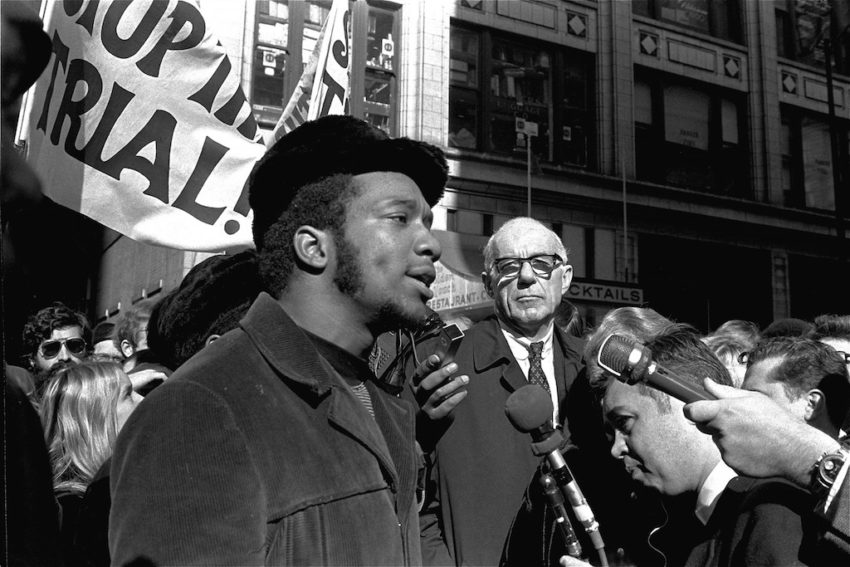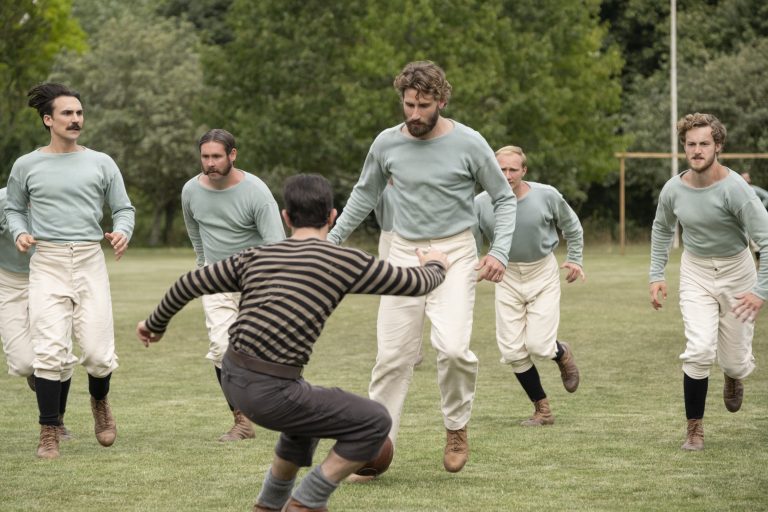The Judas and the Black Messiah is a film about the life and assassination of Fred Hampton. It is a docudrama that looks at the rise of the Black Panthers in Chicago with Hampton’s message of unification of the lower classes of all races: The Black Panthers with the Young Lords (mainly Puerto Rican) and the Young Patriots, lower class whites. The latter group eventually renounced their use of the Confederate flag over time as they got to know poor non-whites.
There were only two times when the music caught my attention and was too loud, and those were for about thirty seconds at a time. The filmmakers chose not to play much period music such as Marvin Gaye, Rolling Stones, Sly and The Family Stone, or The Temptations to make it easy for the audience to “get it.” The dialogue and actions spoke for themselves.
This is a brave film. While the two party duopoly is pointing their fingers overseas at China and Russia for our problems, the film points its finger squarely at the white power structure, the so-called “pigs”, the Feds, and other white elites, including Nixon.
Chairman Hampton, to his credit, made it clear to the Young Patriots that the poor schools, lack of jobs, and police violence were something that all poor people faced, and that they should unite together as a class to fight this oppression. Alas, the film was not so much about his work to unify, but how one man betrayed Hampton and helped the FBI more easily kill him in his sleep when he was only 21 years of age.
Even though Bill O’Neal helped the Feds kill Hampton, they would have killed him with or without his help. That doesn’t exonerate O’Neal in the least. He could have warned Hampton and taken his chances with the charges against him, but he chose to protect himself. Agent Mitchell, played well by Jesse Plemons, struck the right tone of threat and reward to coerce O’Neal to help him. Daniel Kaluuya plays Fred Hampton and LaKeith (Get Out) Stanfield performs the role of Judas, Bill O’Neal. The only problem with their performance is which one will get the lead actor nomination and which one will get the supporting actor nomination for the Oscar. Both should get the leading actor nod.
The rest of the cast was great, with a special nod to Martin Sheen who plays Hoover. I wonder how many showers the well-known liberal Sheen had to take after a day’s shooting to get the slime of the head FBI man off him.
Often when watching a film of a historical figure, I criticize it for not being a miniseries. However, given the scope of this project, the writers and filmmakers did a great job making the piece a coherent work without leaving much out. Certainly, learning more about the Panthers breakfast program and other works in the community would have been interesting. But it was there in the film. I am still amazed how they put so much in the film, made it coherent, and didn’t leave me feeling they left something out. It could have gone deeper as a documentary or series, but as an introduction to Fred Hampton, I give it high marks.
Rating: Pay Full Price Whether you see it in a local theater like I did, or on HBO, this film works as a stand-alone story of a great civil rights leader.
Peace,
Tex Shelters


 Photo from bloody-disgusting.com
Photo from bloody-disgusting.com